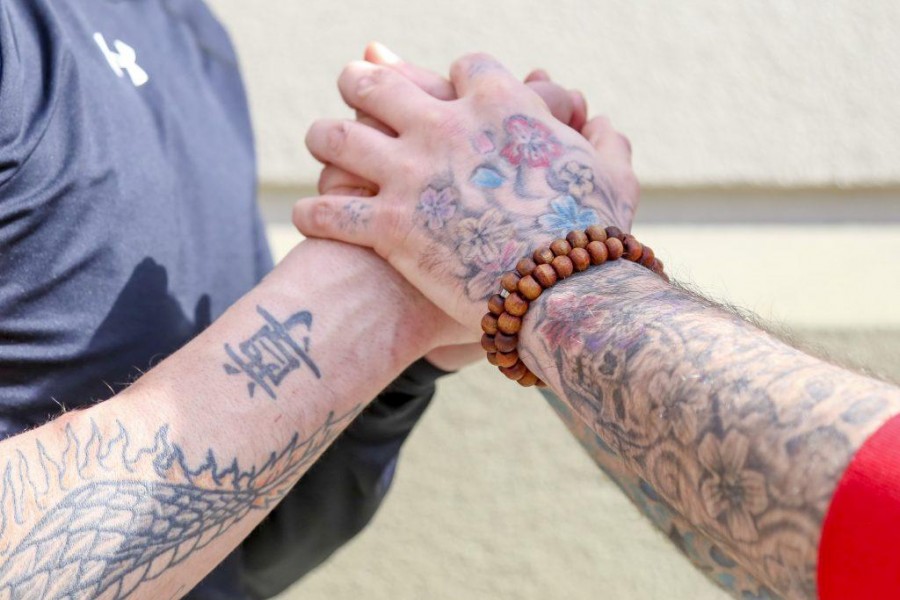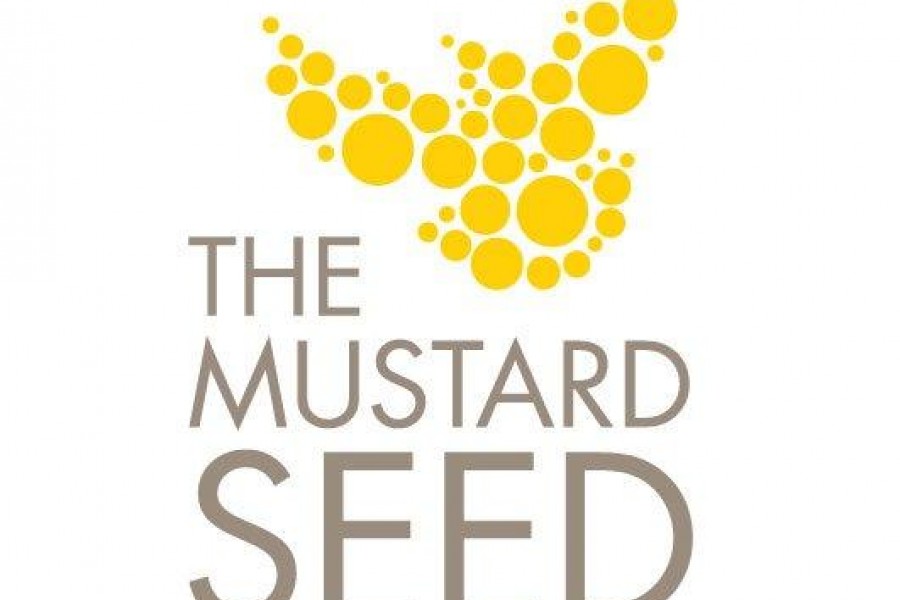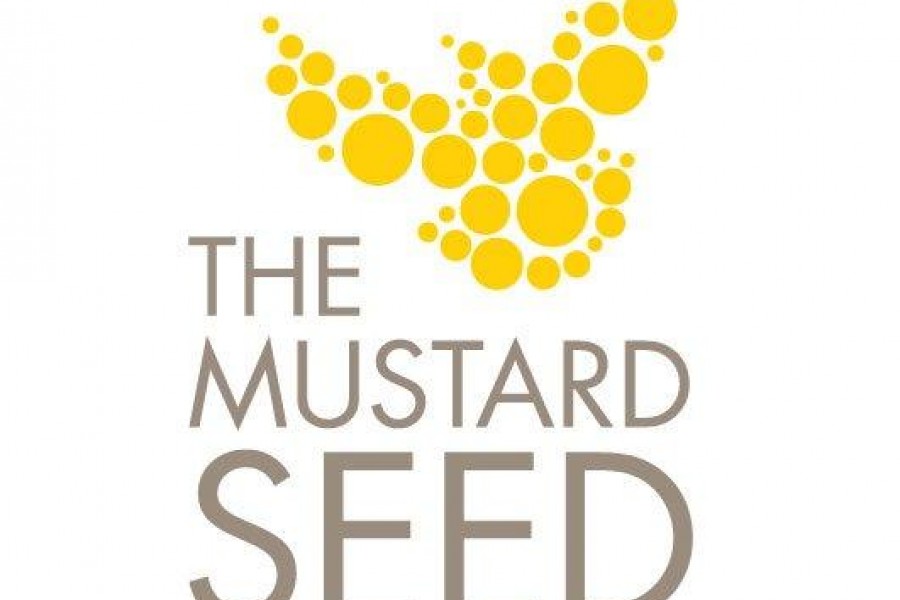In our holistic approach to caring for people, we saw a serious need for social reintegration programs to help those transitioning out of the prison system back into the greater community. Like individuals experiencing homelessness, those who have faced incarceration battle similar barriers: obtaining income supports, housing, employment, and health issues.
According to Donna Ryder, an advocate for The Mustard Seed for almost eight years, about 80 per cent of our clients have been in the prison system within the last year. This overwhelming statistic has naturally guided our efforts – to eliminate homelessness and reduce poverty – towards necessary reintegration programs. “We’re dealing with the same people,” Donna tells us. “If we don’t stop the cycle, it’s just going to continue.”
In Edmonton, clients leaving incarceration start their reintegration journey at the Open Door Welcome Centre. It’s been a safe, judgement-free, drop-in for individuals since 2017. The Centre provides clients with basic services, advocacy work, and counselling, as well as supervised internet access and phone use, which is in some cases are conditions to parole.
However, reintegration Chaplain Debbie Fawcett explains that simply having a space where individuals feel comfortable to sit and share their story is one of the most valuable things they can give to community participants. “They don’t have to explain all the back story to us,” says Debbie. “They can pick up with where they are at and just talk about those struggles.”
Kathy, a participant of the Women’s Reintegration Support Group, told us about her experience with the program. “I decided to try the Women’s Reintegration Support Group. I had done a lot of work on myself already, but seeing the look in the volunteers and mentor’s eyes when they say ‘Welcome’ – that they really want you there and are on your side – is so empowering that you want to keep that feeling and never let it fade.”
In Calgary, The Mustard Seed has made physical strides in the prison system. Visiting the Remand Centre every Thursday, our advocates are connecting those leaving incarceration with the resources they will need when entering back into society. We’ve also made connections with Spyhill Services Centre, Bowden Institution, and the Drumheller Institution.
“What has become really clear is that discharge planning is the thing that keeps people from going back,” tells Donna. “They have no solution for all their fear and anxiety, so they go back to crime. If you don’t do something different, you just get the same result.”
“98% of all people incarcerated in Canada will come back into the community,” explains Debbie. “If what we want is a safe community, and we want people to not reoffend, then we should be there to help them make that transition…Because they are better for it and we as a community are better for it.”


